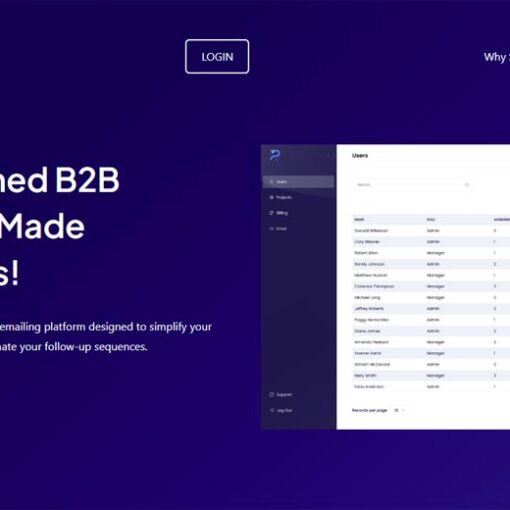
Introduction
AI for Businesses – Artificial Intelligence (AI), once considered a futuristic concept, has now become an integral part of our everyday lives. From chat assistants in the like of ChatGPT to business specific platforms such as IBM Watsonx, AI is transforming various industries. In this article, we will delve into how AI works and explore the immense potential it has to revolutionise businesses across the globe.
What is AI
AI is a branch of computer science that enables machines to perform tasks that typically require human intelligence. It involves creating algorithms that enable computers to exhibit behaviours such as problem-solving, learning, and decision-making. AI systems can process massive amounts of data, identify patterns, and use that knowledge to make intelligent decisions.
How AI Works
AI combines several techniques and algorithms to process information and produce meaningful outputs. Machine learning, a subset of AI, is a crucial component that involves providing machines with training data to learn patterns and make predictions or decisions. Deep learning is another prominent technique that simulates how the human brain works, using artificial neural networks to interpret complex information.
The Potential of AI for Businesses
- Enhanced Efficiency and Productivity:
AI helps automate routine tasks, allowing businesses to focus their resources on more critical activities. For example, customer service operations can be streamlined using chatbots that can interact with customers and provide real-time support, significantly reducing response times. AI-powered systems can also analyse large volumes of data at a fraction of the time it would take a human, enabling organizations to extract valuable insights efficiently. - Personalised Customer Experiences:
AI’s ability to analyse vast amounts of customer data enables businesses to provide personalised experiences. Recommendation engines-driven by AI algorithms analyse past user behaviour to suggest products or services tailored to individual preferences. This enhances customer satisfaction and increases the likelihood of repeat business. AI can also assist in targeted marketing campaigns, predicting customer behaviour and sending personalised content to maximise engagement. - Improved Decision-Making:
AI can provide businesses with valuable insights and predictive analytics to make informed decisions. By analysing past data, AI systems can identify patterns and trends, helping organisations optimise their strategies. These insights can be crucial in operational planning, inventory management, financial modelling, and risk assessment. With the power of AI, businesses can make faster and more accurate decisions, gaining a competitive edge in the market. - Advanced Data Analysis:
AI’s ability to analyse vast and varied datasets offers businesses new opportunities for innovation. By uncovering hidden patterns in data, AI can identify untapped market segments, predict future trends, and identify areas for growth. This can lead to the development of new products or services, or the optimisation of existing ones. AI can also help in fraud detection, identifying anomalous patterns and mitigating risks. - Automation and Cost Reduction:
AI-powered automation enables businesses to automate repetitive and mundane tasks. This not only reduces human error but also saves time and costs. For instance, AI-driven robotic process automation (RPA) can handle tasks like data entry, invoice processing, and report generation, freeing up human resources for more strategic activities. By reducing operational costs, AI enables businesses to allocate resources towards innovation and growth.
Conclusion
Artificial Intelligence has become a game-changer for businesses across industries. Its ability to automate tasks, personalise experiences, analyse data, and improve decision-making processes can revolutionise the way organisations operate. By embracing AI, businesses can gain a competitive advantage, enhance efficiency, boost productivity, and unlock new opportunities for growth. As AI continues to evolve, it is essential for businesses to explore its potential and position themselves at the forefront of its adoption to thrive in the ever-changing digital landscape.

